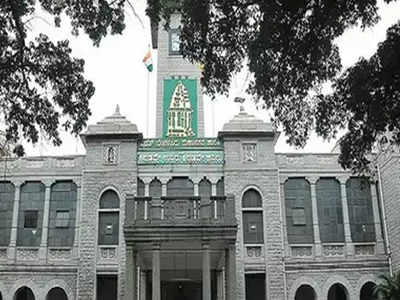Only 3,600 Buildings in City Utilising Harvested Rainwater
The New Indian Express 23.12.2013
Only 3,600 Buildings in City Utilising Harvested Rainwater
The State government’s effort to promote the use of rain water by
making Rain Water Harvesting (RWH) mandatory in the city seems to have
failed to produce the expected results. Less than 10 per cent of the
building owners who have installed the RWH systems are using the
harvested rain water.
The move was expected to reduce the burden
on Bangalore Water Supply and Sewerage Board (BWSSB) and the excessive
dependence on Cauvery water.
BWSSB Chief Engineer Kempramaiah
said, “According to the data collected by us, only 3,600 building owners
in the city are using the harvested rain water. Though more than 38,000
building owners have installed the RWH systems, they are using the
harvested rain water to recharge the ground water despite the fact that
rain water is very safe for drinking and other purposes.”
Chandrakala,
a resident of Mahalakshmipuram, said, “We have installed the RWH system
in our building. As the rain water flows from the terrace and other
areas, where we normally walk, we do not feel like using it for
drinking. Therefore, we use it to recharge the ground water.”
A R
Shivkumar, Principal Investigator, Rainwater Harvesting, Karnataka State
Council for Science and Technology, Indian Institute of Science said,
“In fact, rain water is very soft water and is safer than ground water
that is drawn through borewells as the water becomes hard while
percolating to the aquifers. Ground water has to be treated through
reverse osmosis and other methods to remove the hardness in it. But one
can consume rainwater just by disinfecting it.”
Shivkumar uses
rain water that is harvested in his house at Vijaynagar for drinking and
other purposes and does not rely on the Cauvery water supplied by the
BWSSB. He says people should use harvested rainwater to effectively
recharge the ground water only if they cannot use it due to their
inhibitions or other reasons.
The State government had passed the
Bangalore Water Supply and Sewerage (Amendment) Bill 2009 to make RWH
mandatory in the city. It stipulated that those who construct buildings
in an area of 1,200 sq meters or more should install RWH systems in
their buildings within nine months.
However, many building owners
have not installed RWH systems. “We are not authorised to take any
action against the building owners who have not complied with the RWH
rules. Therefore, we are unable to implement the rules as mentioned in
the bill,” a BWSSB official said.

